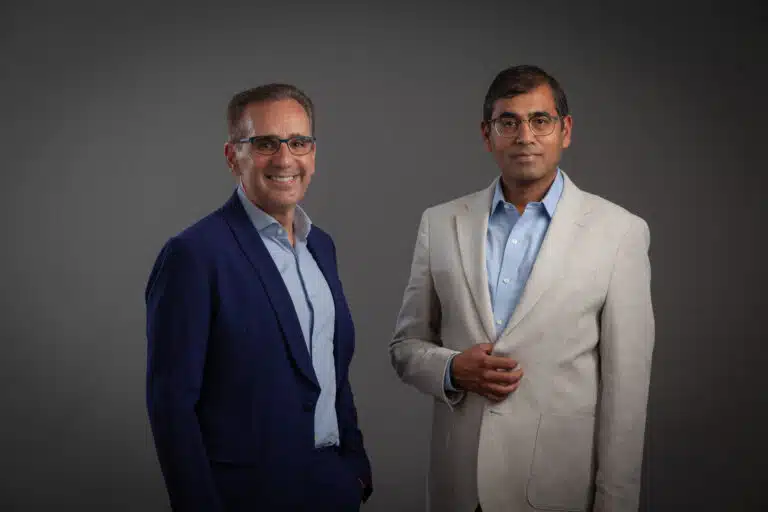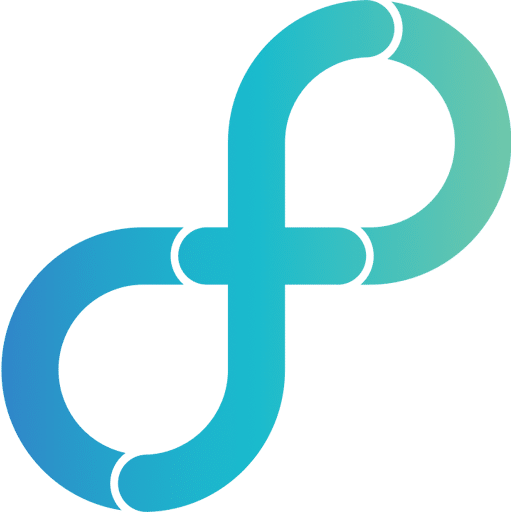Talent acquisition teams are facing a number of different challenges to hiring qualified job candidates in today’s highly-competitive talent marketplace. One of the biggest, according to 31 percent of business leaders surveyed in our recent survey, The Future of Work: Intelligent by Design, is the slow hiring process. Is it possible for companies to hire faster, and why is speed of hiring so important?
Bringing candidates on quickly has become critical for organizations that want to acquire top candidates in an economy where a labor shortage has given job seekers the upper-hand. “The war for talent is real,” says Shweta Kurvey-Mishra, vice president of organizational and talent development at integrated environmental solutions provider WM.
And “in a candidate-driven market, jobseekers rule the hiring process and if yours is taking too long, top talent will turn to the competition to get employed faster,” writes Melissa Blazejak at HR Daily Advisor.
“Speed is critical,” notes John Sullivan, professor of management at San Francisco State University, HR thought leader and author. “One of the things that machine learning can do is get you to hire faster. The top people are going to be gone in 10 days.”
Recognizing this, 77 percent of business leaders polled cite speeding up hiring as a top business priority over the next 12-18 months. AI-powered platforms can help hiring managers accomplish this goal by eliminating excess tools in a company’s talent management tech stack and finding efficiencies in the hiring process.
AI Talent Intelligence tools consolidate tech stacks
There’s no doubt that technology has made recruiting and hiring candidates easier and faster. But tech can sometimes complicate hiring when too many platforms and systems that don’t communicate with each other are pieced together in the HR tech stack.
Data in these disconnected systems becomes difficult for HR teams to mine and use, essentially slowing down hiring processes. Talent acquisition members often still have to manually maintain spreadsheets and databases to consolidate data points as well as manually analyze it to form conclusions and inform next steps.
That’s where single-source, AI-powered talent intelligence platforms come in. Such technology provides hiring teams with a single, deep-learning tool that can do everything faster than a human can, freeing HR up to make hiring decisions and get offers out more quickly.
At our talent summit Cultivate ‘22, Jon Barney, head of aerospace, defense, and national security at Odgers Berndtson, said they have “accelerated the talent acquisition process from two months to two weeks” using Eightfold’s Talent Intelligence Platform. This is a significant difference in time that puts the company in a better position to move quickly when it finds the right person to hire.
That’s the power of a single source-to-hire solution.

AI Creates efficiencies in the hiring process
AI is the solution to speeding up the time it takes an organization to fill positions because the technology creates efficiencies at nearly all steps in the hiring process.
HR teams often perform repetitive tasks as part of talent acquisition workflows which, in turn, slows down the hiring process. Technology can streamline processes and reduce the amount of time spent on administrative tasks so hiring teams can bring new employees on more quickly.
“With AI, recruiters can save essential time attracting, hiring, and onboarding candidates, letting the AI do much of the heavy lifting while recruiters spend valuable time creating relationships with candidates…placing the right people in the right job faster and more efficiently,” writes Julie Calli, president of RecruitmentMarketing.com.
Here’s how AI-powered talent intelligence tools shorten time-to-hire.
More comprehensive and accurate job descriptions
Job descriptions are often one of the key causes for slow hiring. An unclear or untargeted job description can waste a lot of hiring teams’ time and lead to longer times-to-hire by attracting the wrong people to apply.
An effective job posting not only brings in the right talent, but it also keeps those who are not qualified from applying. This weeding out can save hiring teams significant time.
AI helps companies write more effective job postings by using data to craft clear, targeted job descriptions that leave no question about who should apply for a job. Using historical data and predictive analytics, AI can determine which skills candidates will need to be successful and then craft job descriptions that clearly outline those required skills. With that clarity, candidates are better able to discern whether or not they are qualified. With only the most-qualified people applying, HR teams can save time finding the right person.
Quickly screen applicants
Candidate screening is one of the most time-consuming steps in the hiring process. Hiring teams have to manually sift through high volumes of resumes to narrow the pool down to the most qualified applicants. This can be a time drain on HR and substantially slow the time-to-hire.
In fact, according to Jackie Wiles at Gartner, “The average recruiter spends nearly one-quarter of his/her time screening applications — and candidates must wait and wait for their applications to be screened.” This can cost organizations a quality hire.
AI dramatically speeds up this process because it can “sift through hundreds of résumés in significantly less time than it would take a human,” writes Kamy Anderson, technical writer at software development company ProProfs.
Through chatbots, AI can also ask prescreening questions and collect more data that further assesses candidates’ fit for a role. Hiring managers then only have to screen a shortlist of the most qualified candidates to consider for an interview, which results in a faster time-to-hire.

Answers candidate questions
Another thing that HR teams spend a lot of time doing is communicating with candidates. When there is a lot of back-and-forth asking and answering questions, it can lead to a delay in hiring decisions.
AI-powered chatbots can be used to alleviate this task for HR and help move candidates through the hiring process more quickly to hire faster. “Available any time on any device, chatbots offer the immediate response time that today’s users expect when they have hiring questions, benefits concerns, or training issues,” writes Sonia Mathai, chief human resources officer at AI-driven platform and marketplace for B2B services, Globality. This helps hiring managers acquire new talent faster.
Automates interview scheduling
Another time-consuming step in the hiring process is scheduling interviews with candidates. Organizing the logistics of interviews such as setting a date, time (with consideration for different time zones), place, and interviewer can consume a lot of HR’s time.
AI-powered tools can automate interview scheduling which alleviates the burden on HR, reduces long interview wait times for candidates, and moves them more quickly through the hiring process.
Neha Sharma, EY India people advisory services partner, explains that AI-based solutions align the interview process with the hiring process. This cuts down on the amount of time hiring managers have to spend on scheduling so they can focus their time on interviewing candidates, choosing the best person for the job, and making job offers more quickly.
Instantly delivers job offers and hiring paperwork
Paperwork also slows down the hiring process. When job offers have to be manually sent to candidates who then have to manually fill them out and send them back, weeks may be wasted while the paperwork is in transit between the company and the candidate.
AI speeds this process up significantly by allowing hiring managers to automate the electronic delivery of job offers to candidates who can then fill out onboarding documentation online and submit instantaneously should they accept the offer. This makes one of the more tedious steps in the hiring process much more efficient.
Through each of these capabilities, AI is shortening an organization’s time-to-hire because the technology is doing exactly what Jason Averbook, CEO at digital transformation company Leapgen, says it will — it’s augmenting how people work. It’s supporting HR teams as they move through the hiring process by automating repetitive and time-consuming tasks and informing data-driven hiring decisions.
By employing a single-source technology solution like Eightfold’s, organizations can hire faster because more efficient hiring processes enable them to bring the best candidates on board more quickly.
Images by: tbaodatui1991/©123RF.com, milkos/©123RF.com, blotty/©123RF.com



